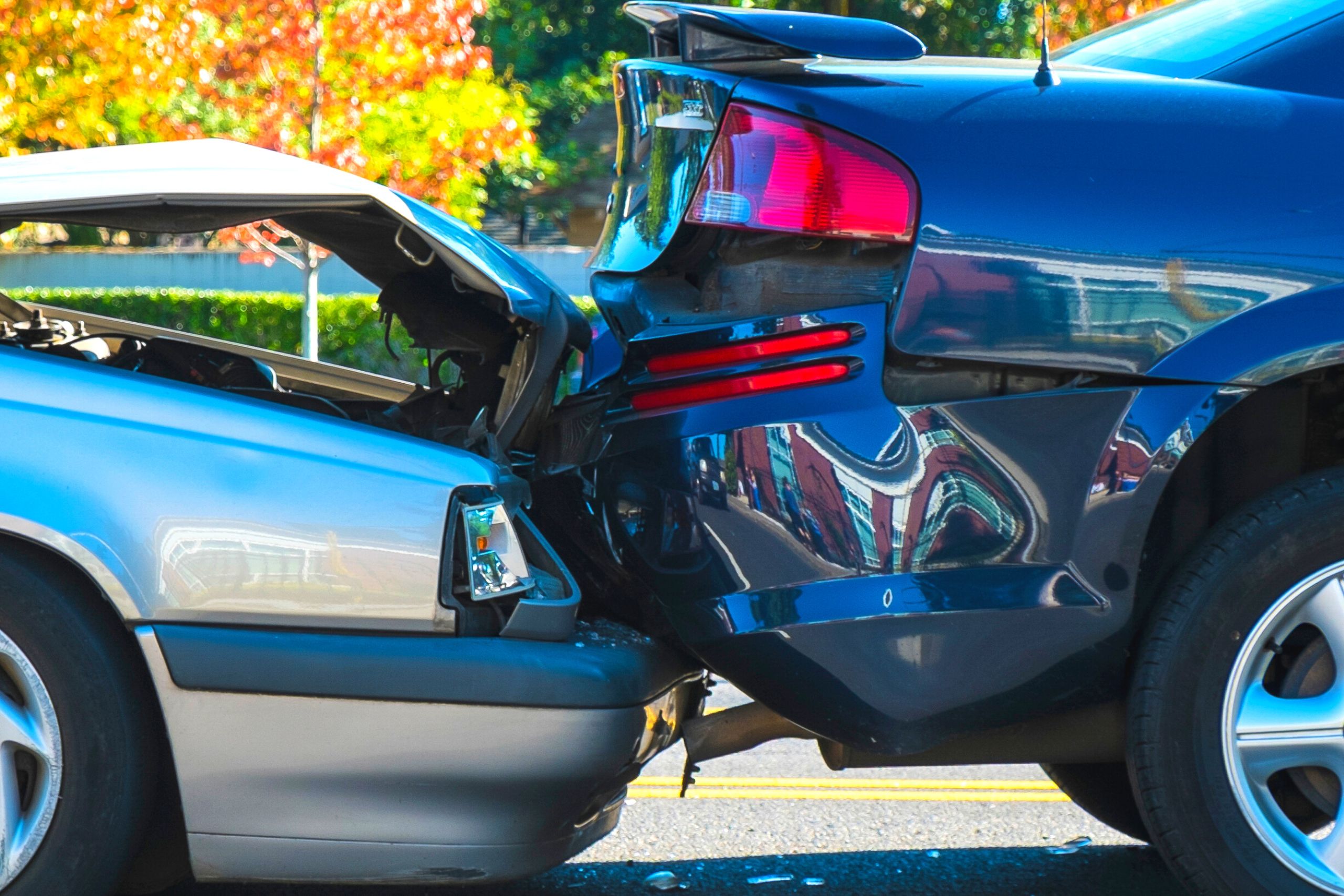- Free Initial Consultation: (954) 761-3641 Tap Here To Call Us
When a Fort Lauderdale Car Accident is Caused by Brake-Checking

Rear-end collisions are one of the most common types of Fort Lauderdale car accidents, and such circumstances create a rebuttable presumption that the driver in the rear was at-fault. But brake-checking – when a driver purposely slams on their brakes in order to scare or intimidate another driver – can be the basis to refute such claims.
As our Fort Lauderdale car accident lawyers can explain, brake checking is essentially a form of road rage. It can be done in response to someone following the brake-checker too closely, a practice called tailgating. Or it can simply be an aggressive driving tactic intended to annoy or scare the driver behind them for other reasons. The intention is rarely to cause a crash, but that’s a very real risk with brake-checking.
Brake checking is illegal. The Florida law on tailgating, F.S. 316.0895, explains that drivers can’t follow other motorists more closely than is reasonable and prudent. They must also have regard for the speed of traffic and road conditions. Sudden braking is a known potential on any road as hazards can quickly arise or conditions can abruptly change. That’s why the law requires drivers to maintain a reasonable distance from the car in front of them. However, if the driver in the lead intentionally or improperly slams on the brakes or stops, this can be used as evidence to effectively rebut the presumption of rear driver negligence in the event of a crash.
In the 2019 case of Fonger v. Nall, the Florida’s 5th District Court of Appeal noted that if left unrebutted, the presumption in rear-end collisions is that the rear-driver was negligent and at-fault. Rebutting the presumption requires proof of one of the following:
- A mechanical failure affecting the rear driver’s vehicle.
- A sudden stop by the lead driver.
- A sudden lane change by the lead driver.
- An illegal or improper stop by the lead driver.
Brake-checking would fall under the second or fourth point here.
As our Fort Lauderdale injury attorneys can explain, an abrupt stop in and of itself isn’t sufficient to rebut the presumption of rear driver negligence because every driver has a duty to remain alert and maintain a safe distance from other vehicles. That means rear drivers must be prepared to stop suddenly. However, if the lead driver’s sudden stop was abrupt, not in a place reasonably expected, and arbitrary (i.e., brake-checking), then the presumption may be rebutted.
The Florida Supreme Court held in the 2000 case of Eppler v. Tarmac America that if a driver slams on their brakes in bumper-to-bumper traffic without warning and for no reason, it’s irresponsible, dangerous, and not reasonably expected – and thus, an effective rebuttal of the presumption of rear driver negligence. However, if an abrupt stop happens where one might reasonably expect it, then the plaintiff (lead driver) can expect to have a directed verdict in their favor.
Even if one overcomes the rebuttable presumption, that doesn’t necessarily mean the rear driver wins. Florida is a comparative negligence state, per F.S. 768.81. That means both drivers could be found to have shared some of the fault for what happened, in which case damages will be proportionately reduced. For example, if the rear driver was following too closely and the lead driver brake-checked, leading to a crash, one might decide each shared 50 percent of the blame. In that case, the plaintiff would only be entitled to collect 50 percent of their total damages from the other driver.
If you’re injured in a Fort Lauderdale car accident, we can help you evaluate what your case may be worth and explore your legal options.
Call Fort Lauderdale Injury Attorney Richard Ansara at (954) 761-4011. Serving Broward, Miami-Dade and Palm Beach counties.
Additional Resources:
F.S. 768.81, Florida Comparative Fault Statute
More Blog Entries:
Florida Wrongful Death Lawsuits Bring Closure, and a Safer Future, Aug. 1, 2022, Fort Lauderdale Injury Attorney Blog













